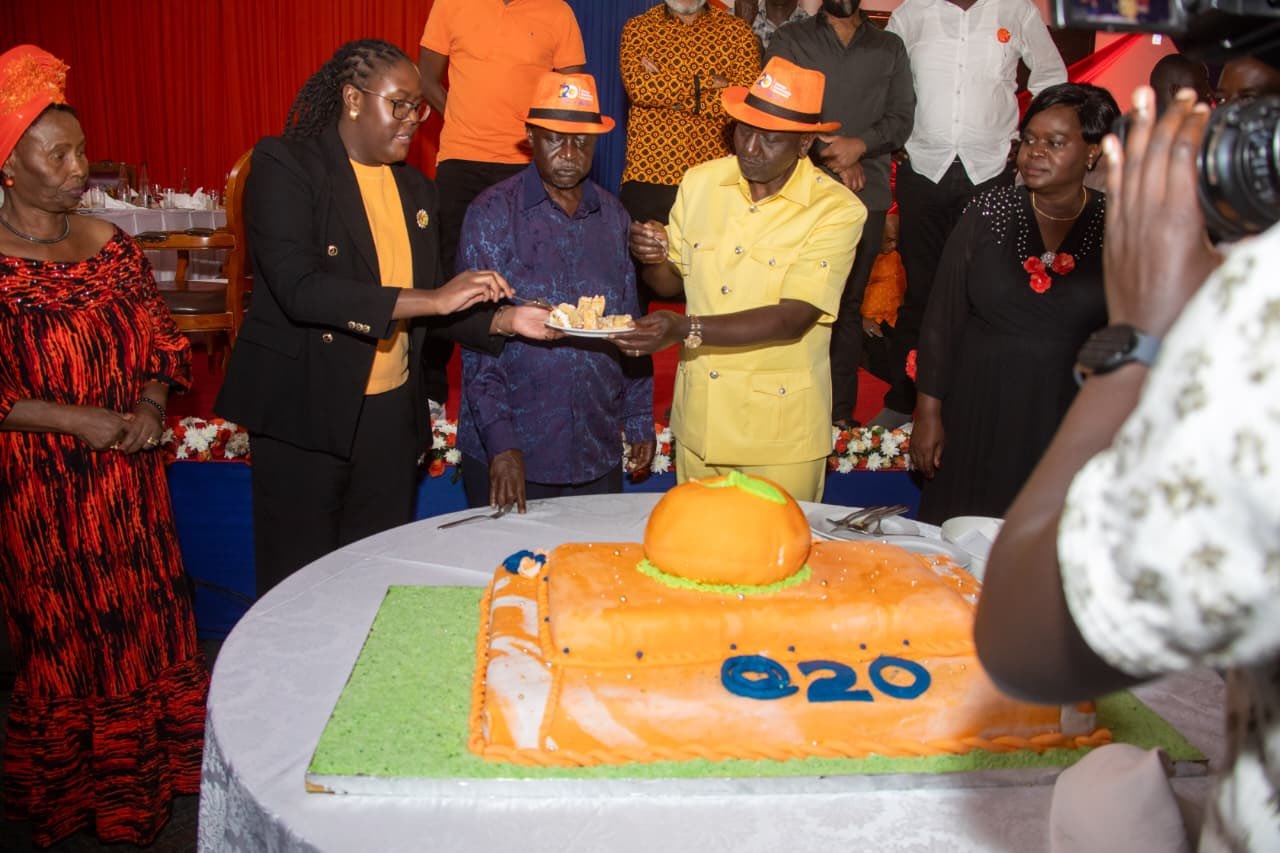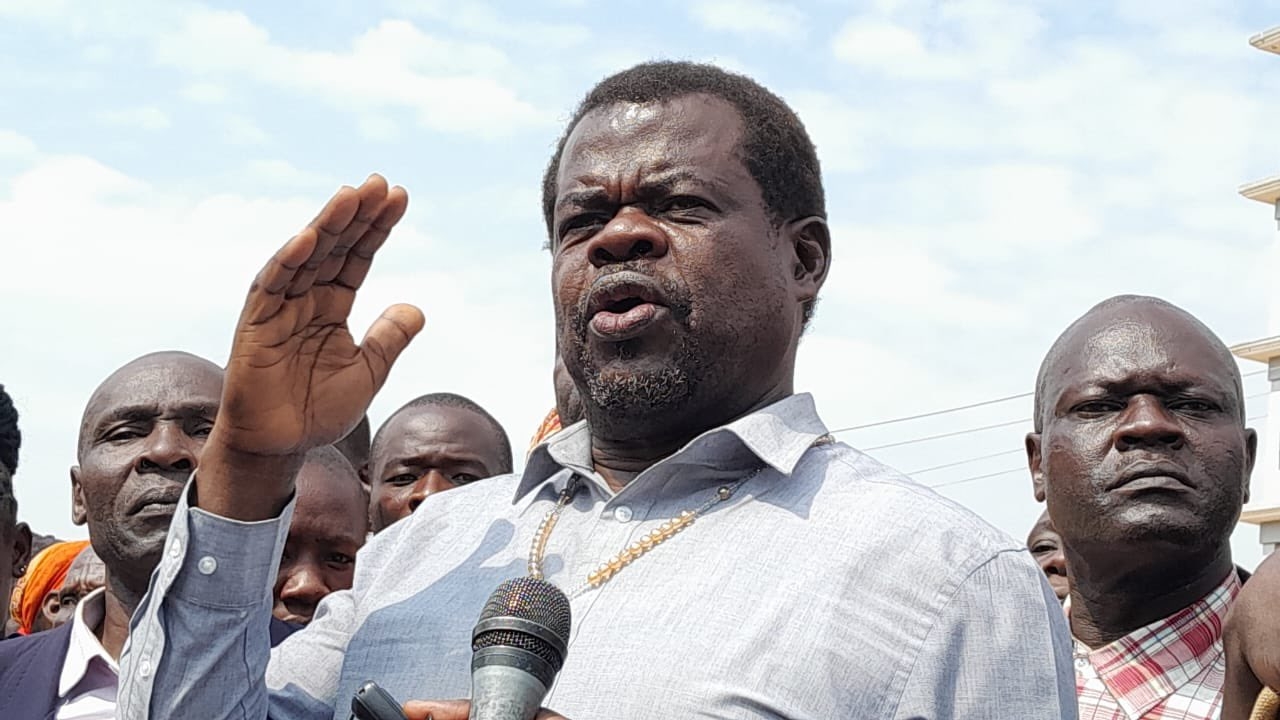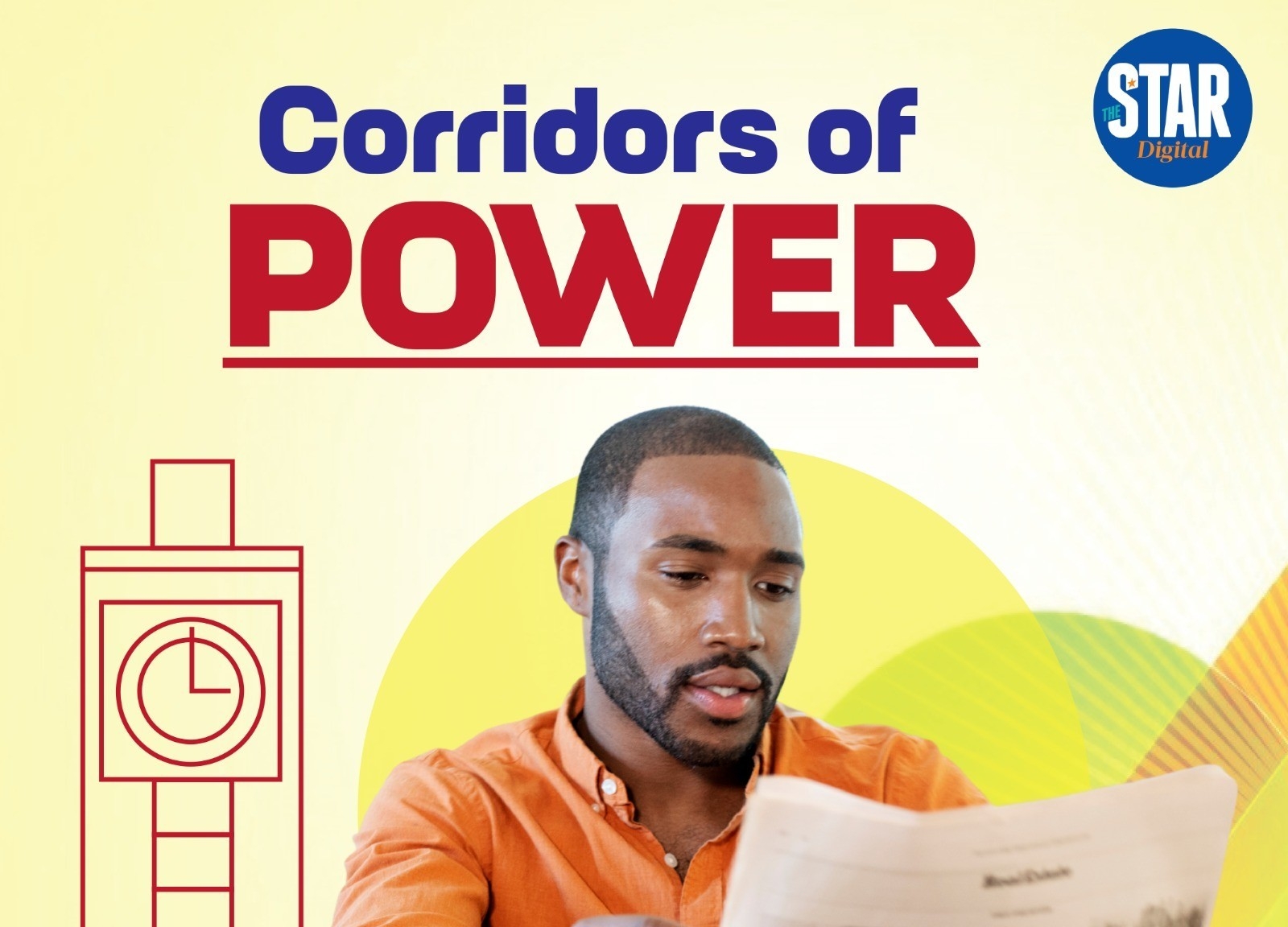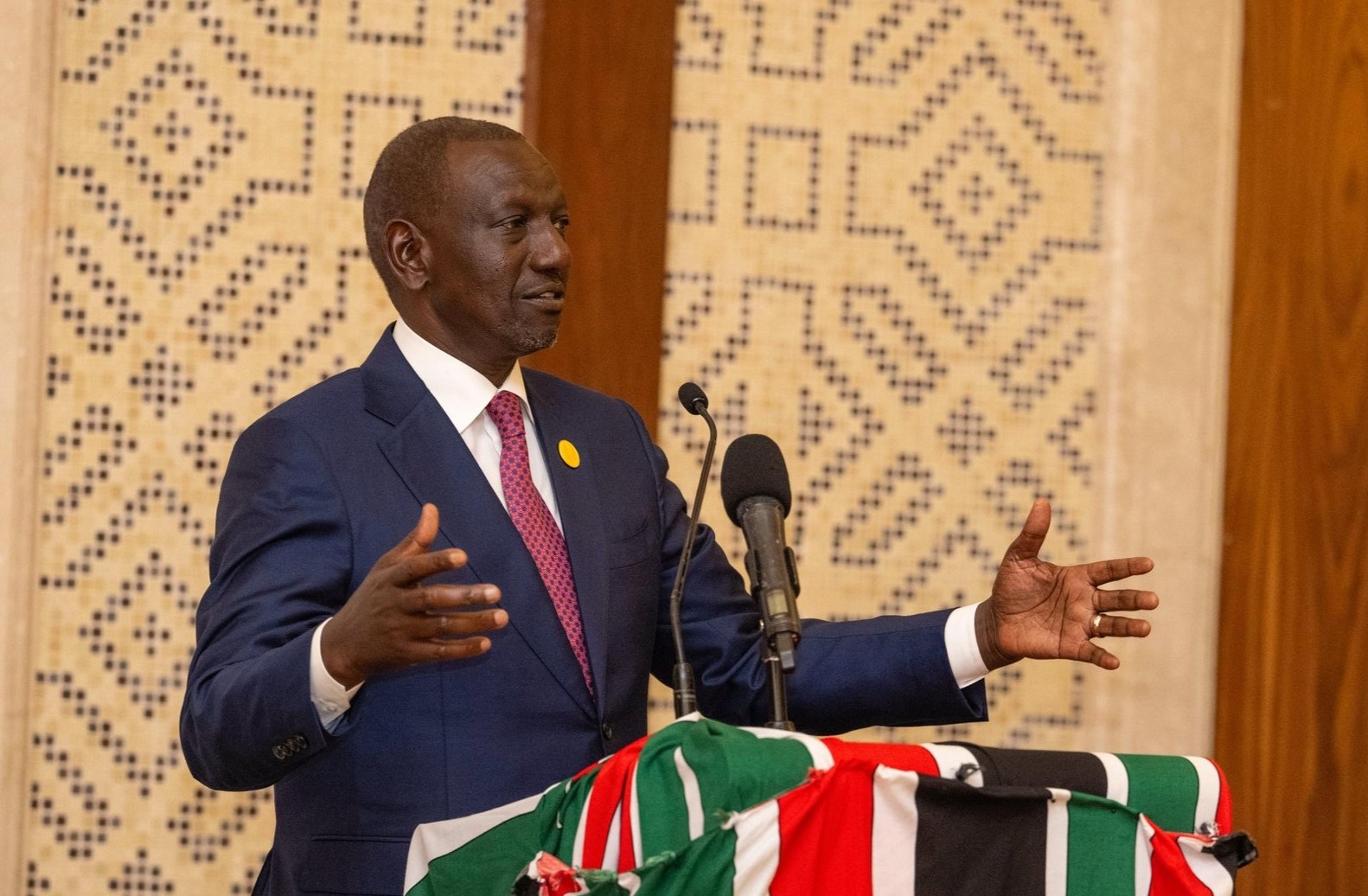MCAs have queried Nairobi county government's revenue collection systems, demanding a probe into why City Hall continues to under perform.
In a notice of motion by Majority leader Peter Imwatok, the ward representatives are seeking to form a 13-member ad hoc committee to probe the system.
Imwatok highlighted that despite Nairobi county boasting of several revenue streams, there has been gross underperformance as regards the county's annual revenue collection vis a vis its annual county expenditure.
"An effective revenue collection system is one of the foundations needed to buttress sustainable economic growth while underperformance in revenue collection by the county is attributed to challenges in collection and administration of revenue," he said.
The majority leader who doubles as Makongeni MCA further revealed that despite many strategies, Nairobi's internal revenues have continued to decline.
The attempts to improve revenue collection have seen the County government adopt various strategies including adoption of automated revenue collection systems such as Jambo Pay. Noveta, the Nairobi Revenue system by the Kenya Revenue Authority, the Nairobi Pay System and the recent establishment of the Nairobi Revenue Authority.
Imwatok is further concerned that failure to properly manage local revenue collection could lead to the County government failing to fund its recurrent and development programmes since relying on the national equitable share is currently unsustainable.
As a result, he suggested the County Assembly resolves to establish an ad hoc committee comprising of 13 MCAs to inquire into the revenue collection system.
"The majority and minority coalitions represented in the Assembly will propose names of members to the said ad hoc committee based on their strengths in the Assembly within seven sitting days after the adoption of this motion," Imwatok said.
The committee will have 60 days to inquire and report the findings back to the assembly.
The 13-man committee will be looking into reasons why local revenues have been declining and the nature including strengths and weaknesses of the revenue collection system currently being used by the County government.
The committee has also been tasked to propose legal, policy and administrative interventions on the improvement of local revenue collection.
The Speaker of the County Assembly Ken Ng'ondi certified and approved notice of motion by the Majority leader as urgent.
Governor Johnson Sakaja's first budget of Sh42.3 billion which is the highest ever since devolution, comprised Sh28.3 billion for recurrent and Sh14 billion for development expenditures.
It is an increase from Sh39.63 billion for the Financial Year 2022-2023.
Sakaja aims to collect Sh19.9 billion own source revenue in the Financial Year 2023-24.
In the last FY 2022-23, Nairobi's own source revenue hit Sh10.6 billion.
Despite being way below the target of Sh18.2 billion, it is the highest achieved by City Hall in the last five years.
In this FY 2023-24 the Sakaja administration aims to collect Sh19.9 billion own source revenue as part of the Sh40.7 billion budget.
To boost Nairobi’s revenue collection, Sakaja’s administration has set up a revenue agency that will be tasked with collecting all rates, fees and charges.
The Nairobi City County Revenue Administration Authority is headed by a board, while the management will be under a chief executive officer, who will be the principal collector of revenue.
Declining revenue
Nairobi has not met its revenue targets since 2013.
In 2017-18, Sh10.17 billion was collected against a target of Sh17.23 billion. City Hall was set to raise Sh19.57 billion in 2016-17 but only collected Sh10.93 billion.
The highest amount ever collected was Sh11.71 billion in 2015-16, which was still far short of the Sh15.3 billion target.
In 2014-15, Sh11.6 billion was collected against a revised budget of Sh13.2 billion, while in 2013-14, Sh9.33 billion was realised against a target of Sh12.13 billion.
The own source revenue is normally generated by revenue streams.
The six key own-source revenue streams include parking fees, rates, single business permits, house rents, building permits and, billboards and adverts accounting to close to 80 per cent of the county’s annual own-source revenue.
Nairobi has been falling short of its revenue target since it came into existence in 2013 despite the digitisation of over 136 of its revenue streams.
This has been blamed on unreliable rates, low collection from single business permits and inefficient collection of parking fees.












